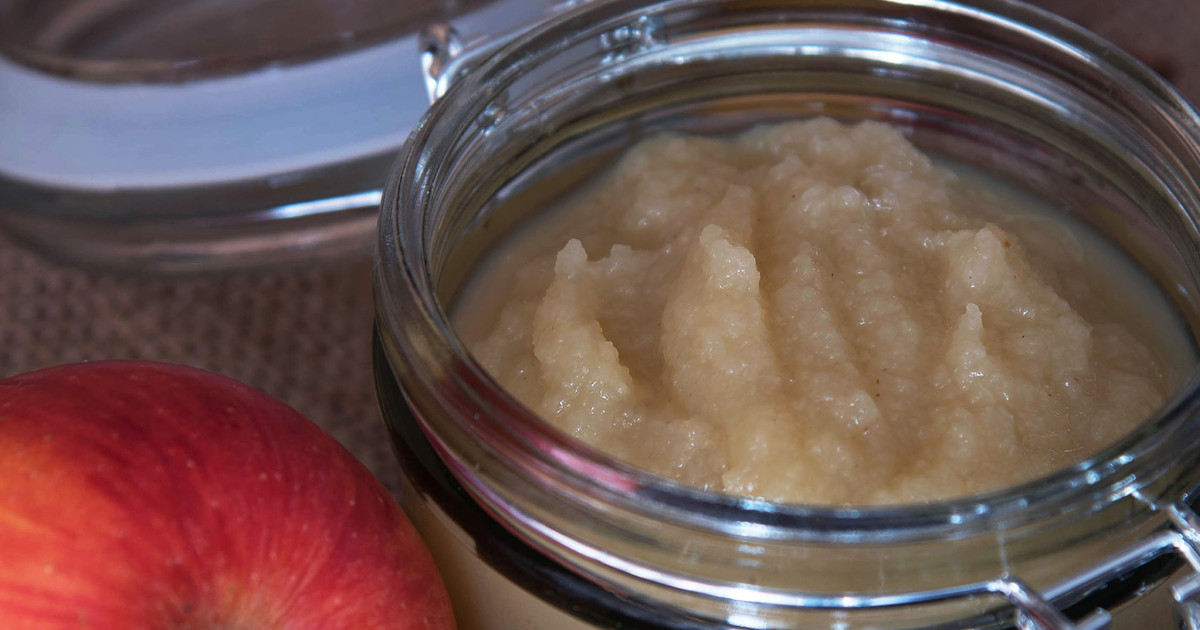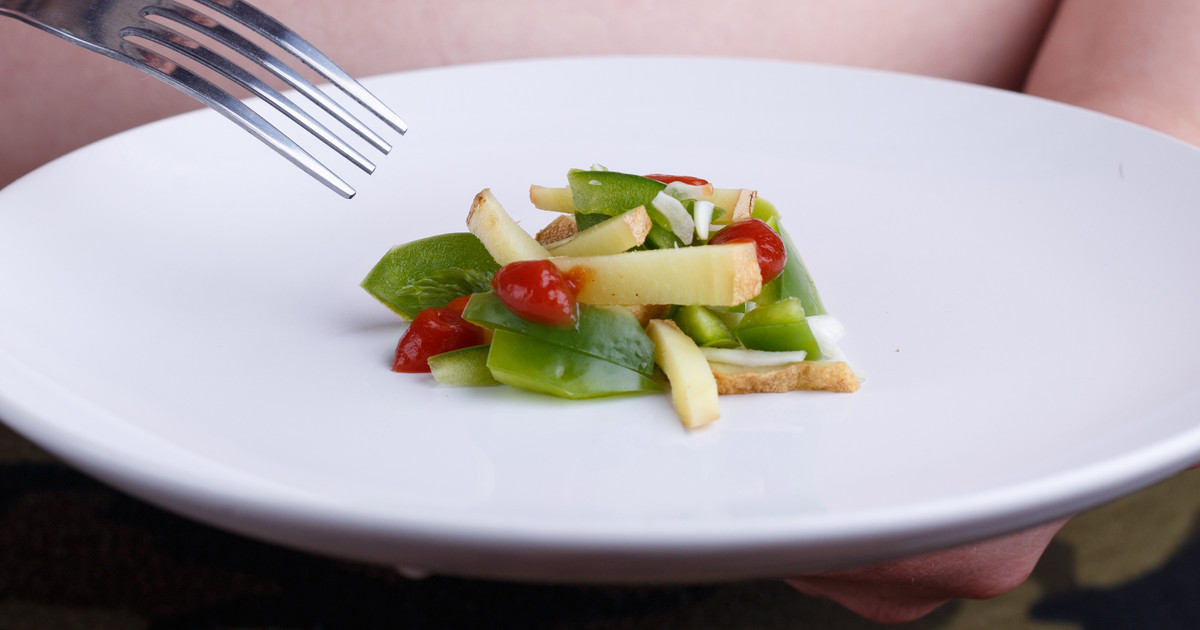Guide To Diet Advice For Crohn's Disease
Crohn's disease is a major inflammatory bowel disease! In this condition, patients experience excessive inflammation throughout their digestive tract. Flare-ups are incredibly painful! There are also severe complications linked to this condition if it is left untreated. Symptoms of Crohn's disease include abdominal pain, diarrhea, fever, weight loss, and fatigue. A poor diet makes symptoms worse, and certain foods will trigger a Crohn's disease flare-up!
Thankfully, Crohn's disease treatment is widely available and very effective. Anti-inflammatory medication for Crohn's disease is standard. Out of these, corticosteroids for Crohn's disease are the most common! Patients often experience nutritional deficiencies, particularly in vitamin B12. Thus, vitamin B12 shots for Crohn's disease are used! Some patients need surgery for their condition. However, many patients want to embrace natural remedies for Crohn's disease. This is where food is effective! All patients need the right Crohn's disease diet to help prevent flare-ups.
Avoid Whole Wheat

Individuals with Crohn's disease need to avoid whole wheat! This means whole wheat bread, pasta, and similar products. Whole wheat products contain high amounts of fiber, which helps regulate and individual's digestive system. However, they are harder to digest! This is a significant issue for Crohn's disease patients. The insoluble fiber in whole wheat products will pass through their intestines instead of being broken down. It will trigger abdominal pain and diarrhea as a result!
Many Crohn's disease patients also deal with gluten intolerance. Gluten intolerance increases this reaction! Alternative grains that are appropriate for Crohn's disease patients include rice, oatmeal, rice-based pasta, potatoes, and gluten-free bread.
Continue reading to reveal more Crohns disease dietary advice now.
Eat Low-Fiber Fruits And Vegetables

Every diet needs fruits and vegetables. They are a staple! However, individuals with Crohn's disease have difficulties eating many of them. Many fruits and vegetables are quite high in fiber. This is what causes the problems! The fiber in fruit and vegetables causes flare-ups of Crohn's disease symptoms, including diarrhea. However, patients must still gain the nutritional benefits of fruits and vegetables. Specifically, they need to eat low-fiber fruits and vegetables!
The easiest ones for their body to digest include pumpkin, banana, cantaloupe, and squash. Peeled cucumbers and bell peppers are also good choices! Patients can also make applesauce. Applesauce reduces how much effort their body needs to put into digesting the apples. They can still eat apples this way. Individuals need to steam vegetables, or otherwise cook them thoroughly. Cooking vegetables breaks down the insoluble fiber before they eat them!
Uncover more advice for a Crohn's disease diet now.
Eat Smaller Meals More Frequently

Eating large meals three times a day is not helpful for Crohn's disease patients. Doing so irritates their digestive system! Instead, individuals with Crohn's disease need to eat smaller meals more frequently. This makes experiencing symptoms such as abdominal pain much less likely! Crohn's disease patients are successful with eating five times a day. Of course, this is with smaller portions! These five eating times include breakfast, lunch, dinner, and two snacks. The first snack is best between breakfast and lunch, and the second snack occurs between lunch and dinner! Meals should be the size of the patient's fist.
Small meals do more than prevent flare-ups. They also reduce the severity of symptoms when they do still occur! Patients need to keep a food diary when they start eating this way. They must record what and when they ate, as well as any symptoms that appeared later. Their doctor will use this food diary to make additional adjustments! This includes identifying specific trigger foods and avoiding them.
Get more information on creating the best diet for Crohn's disease flare-ups now.
Limit Dairy Consumption

Crohn's disease patients need to limit their dairy consumption! Many of them are lactose intolerant. This means that their body cannot break down lactose! Thus, they will experience symptoms such as nausea, abdominal pain, diarrhea, and excessive gas. In fact, it is worth noting that many individuals cannot fully digest many dairy products. This is a common trigger for the development of Crohn's disease in the first place!
The fact that many dairy products are high in fat is also a significant issue for individuals with this condition. The fat also makes dairy hard to digest! Patients need to choose low-fat dairy products when they do consume dairy. It is also helpful to consume dairy alternatives! Examples are soy, almond, and coconut milk. There are also cheeses made from soy and almonds!
Discover additional options for a Crohn's disease diet now.
Eat Lean Meat

Everyone needs to consume protein, though Crohn's disease patients need to pick their meat carefully. Many types of meat, such as sausages and red meat, are very high in fat. This makes them hard to digest! Individuals with this condition need to eat lean meat. Lean meat is low in fat, but it will still have protein! Excellent choices include fish, shellfish, and poultry. The best poultry is the white meat of chicken and turkey! Some Crohn's disease patients tolerate small amounts of pork tenderloin as well. All of these options are much lower in fat than red meat and fatty cuts of meat. However, chicken, in particular, is a phenomenal source of protein!